Fire safety is a critical aspect of maintaining a secure home environment. However, many people are unaware of the potential fire hazards in their everyday surroundings. This lack of awareness can lead to devastating consequences, as seemingly harmless items can become the source of a destructive fire. This article explores twelve everyday items that could start a fire if not handled carefully. By understanding these risks, you can take preventative measures to ensure the safety of your home and loved ones.
Contents
Overloaded Electrical Outlets
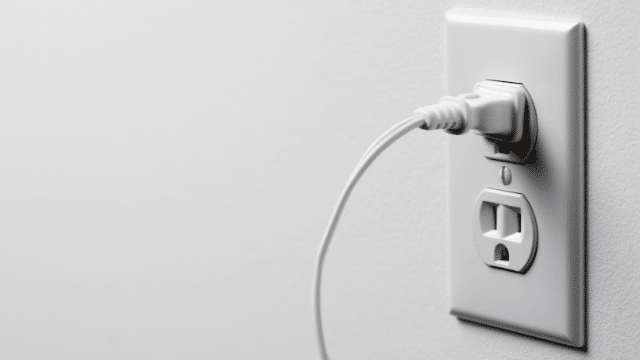
Overloading electrical outlets is a common mistake that can lead to disastrous consequences. When too many appliances draw power from the same source, it can cause overheating, which can ignite a fire. This is especially true for older homes that may not be equipped to handle the electrical demands of modern appliances.
To prevent this, it’s important to distribute your electrical devices across multiple outlets. Avoid using extension cords as a permanent solution, and never plug multiple power strips into one outlet. If you notice any signs of overheating, such as a warm outlet or flickering lights, unplug the appliances immediately and consult a professional electrician.
Improperly Stored Flammable Liquids

Flammable liquids, such as gasoline, paint thinner, and certain cleaning products, are common in many households. However, these substances can pose a significant fire risk if stored improperly. A small spark or an increased temperature can ignite vapors from these liquids, leading to a fire.
To mitigate this risk, always store flammable liquids in approved containers and keep them in a well-ventilated area, away from heat sources. Never store these substances near a stove, heater, or other appliances that generate heat. It’s also crucial to dispose of flammable liquids properly. Never pour them down the drain or into the trash.
Unattended Cooking

Unattended cooking is the leading cause of home fires and home fire injuries, according to the National Fire Protection Association. Leaving food cooking on the stove unattended, or forgetting to turn off the oven, can quickly lead to a fire, especially if there’s oil or grease involved.
To prevent cooking fires, never leave your kitchen unattended while cooking. If you need to step away, turn off the stove or ask someone else to watch over it. Keep flammable items like paper towels, oven mitts, and wooden utensils away from the stove. Regularly clean your cooking appliances to prevent the buildup of food particles or grease that could ignite a fire.
Faulty or Old Wiring

Faulty or old wiring is a hidden danger that can easily spark a fire. Wires that are frayed, cracked, or have loose connections can overheat and ignite surrounding materials. Similarly, old wiring may not be equipped to handle the electrical load of modern appliances, leading to overheating and potential fires.
To prevent this, have your home’s electrical system inspected regularly by a licensed electrician, especially if your home is over 20 years old. If you notice any signs of faulty wiring, such as flickering lights, frequent blown fuses, or a burning smell, call an electrician immediately. It’s always better to be safe than sorry when it comes to electrical fires.
Careless Smoking
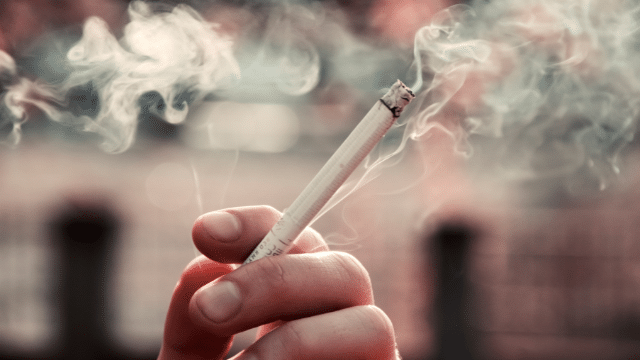
Smoking indoors or near flammable materials is a significant fire risk. A lit cigarette that comes into contact with flammable materials such as upholstery, curtains, or papers can quickly start a fire. Even discarded cigarette butts can smolder for hours before igniting a fire.
To prevent fires caused by smoking, it’s best to smoke outside and away from the house. Always ensure that cigarette butts are fully extinguished before discarding them. Never smoke in bed or when you’re drowsy, as you could fall asleep with a lit cigarette. If you have smokers in your home, provide large, deep ashtrays and remind them to be mindful of their surroundings.
Portable Heaters
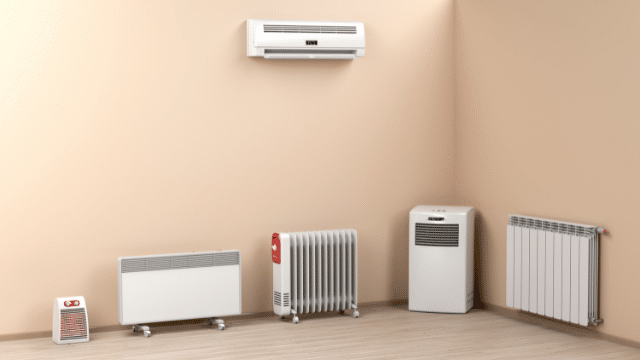
Portable heaters are a common source of home fires, especially during the colder months. If placed too close to flammable materials such as curtains, bedding, or furniture, they can easily cause a fire. Additionally, portable heaters with faulty wiring or overheating issues can also pose a fire risk.
To use portable heaters safely, always keep them at least three feet away from anything that can burn. Never leave a heater on when you leave the room or go to sleep. Choose heaters with automatic shut-off features in case they tip over. Regularly inspect your heater for any signs of damage or malfunction, and always follow the manufacturer’s instructions.
Candles
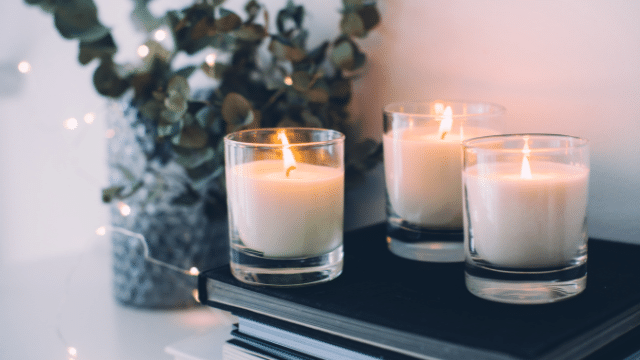
Candles add a warm, inviting glow to any room but can also be a fire hazard. An unattended or improperly placed candle can easily ignite nearby flammable items. Additionally, children or pets can accidentally knock over candles, leading to a fire.
To enjoy candles safely, never leave a burning candle unattended. Always place candles on a stable, heat-resistant surface where they can’t be knocked over. Keep them away from flammable items, and never burn a candle all the way down — put it out before it gets too close to the holder or container. Consider using flameless candles as a safer alternative.
Dryers
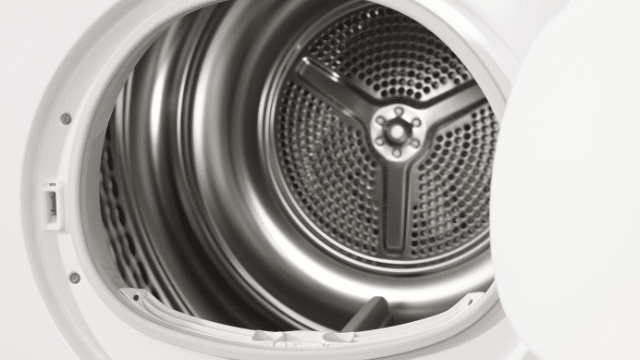
Dryers can be a significant fire hazard, particularly those not regularly maintained. Lint can accumulate in the dryer vent and ductwork over time and ignite when exposed to high temperatures. This is especially true for gas dryers, where a flame continuously burns.
To prevent dryer fires, clean the lint filter before and after each load of laundry. Regularly check and clean the dryer vent and ductwork. If you notice that your clothes are taking longer than usual to dry, this could be a sign of a blocked vent and should be addressed immediately. Also, avoid running the dryer when you are out of the house or asleep.
Improperly Discarded Fireplace Ashes
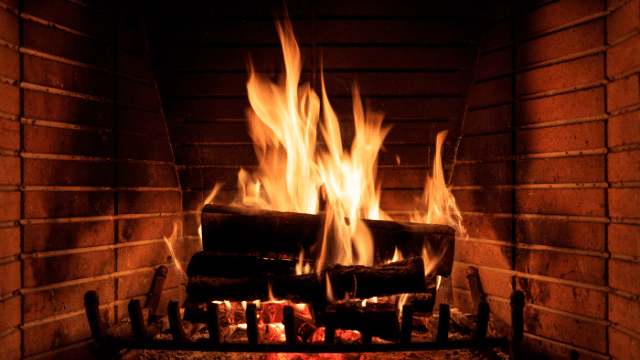
Fireplace ashes, if not properly discarded, can start a fire. Ashes can stay hot for several days, and if they come into contact with flammable materials, they can ignite a fire. This is especially dangerous if the ashes are discarded in a wooden container or near dry leaves or rubbish.
To safely dispose of fireplace ashes, allow them to cool in the fireplace for several days. When you’re ready to dispose of them, transfer the ashes to a metal container and wet them down to extinguish any remaining embers. Store the container outside your home and away from any structures until the ashes are fully cooled.
Misuse of Electrical Equipment
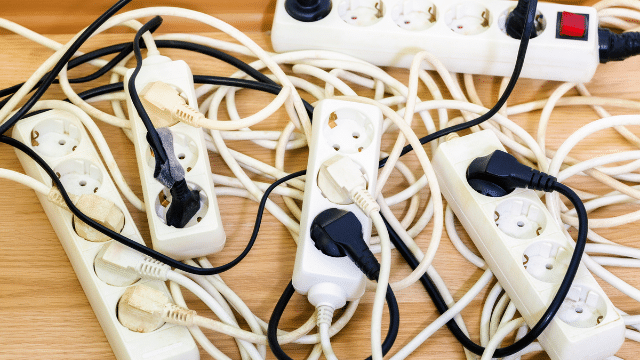
Misuse of electrical equipment can lead to fires. This includes using faulty or damaged equipment, overloading power strips, or using equipment in a way that was not intended. For example, using a high-wattage bulb in a low-wattage lamp can cause the lamp to overheat and potentially start a fire.
To prevent fires caused by misuse of electrical equipment, always use equipment as directed by the manufacturer. Regularly inspect your electrical equipment for any signs of damage or wear, and replace any equipment that is not functioning properly. Avoid overloading power strips, and always use the correct type of bulb for your lamps.
Barbecues

Barbecues, a popular way to cook during the warmer months, can be a fire hazard if not used correctly. Grease and fat can build up over time and ignite when the grill is heated. Additionally, if the barbecue is placed too close to the house or other structures, it can easily start a fire.
To prevent barbecue fires, clean your grill regularly to remove grease and fat buildup. Always keep your barbecue at a safe distance from your house and other structures. Never leave your barbecue unattended when in use, and make sure it is fully extinguished before leaving it for the night.
Safeguarding Your Home Against Fire Hazards
Understanding the potential fire hazards in your home is the first step toward prevention. By being mindful of these twelve everyday items and taking the necessary precautions, you can significantly reduce the risk of a fire in your home. Remember, fire safety is a continuous process that requires regular attention and maintenance. Share this information with your loved ones and help create a safer community.


